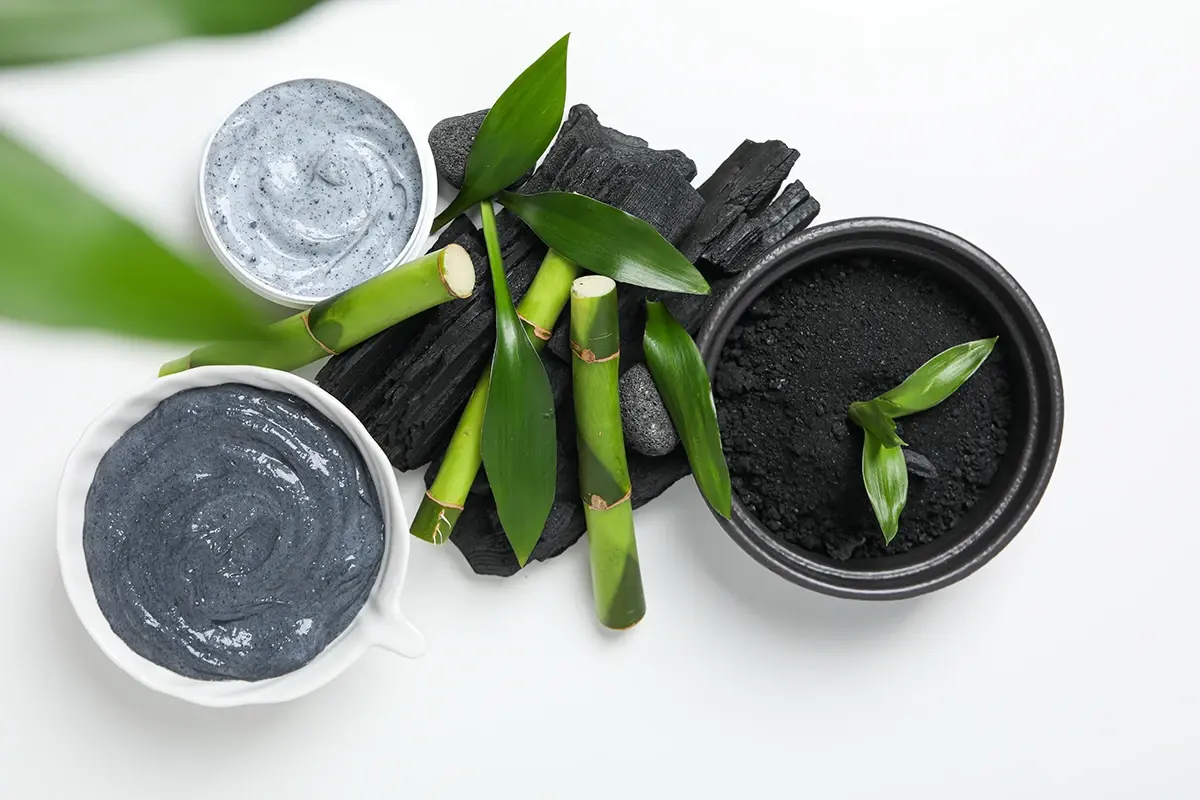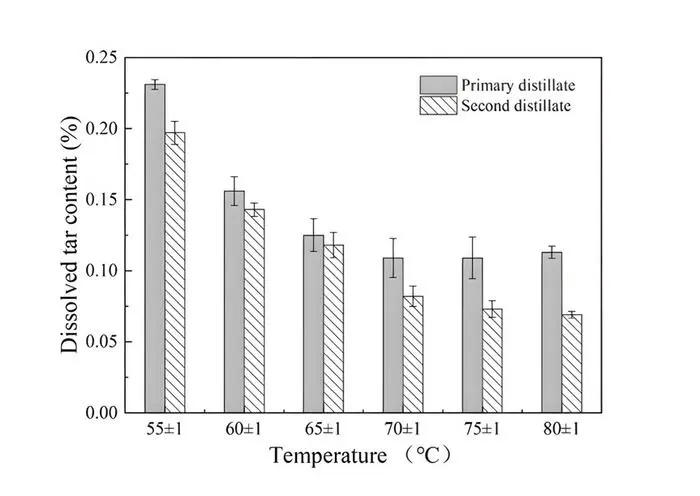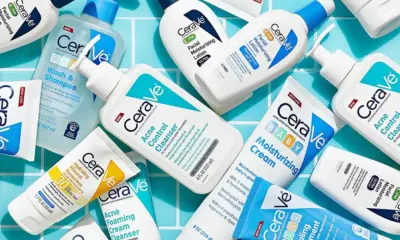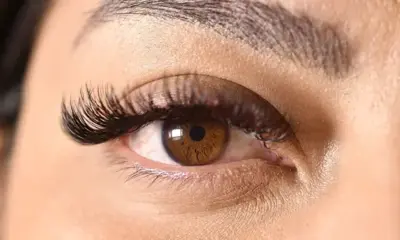Body and Skin Care
Researchers find promise in using bamboo vinegar and charcoal for anti-acne skincare products.
Bamboo charcoal, produced through the pyrolysis of bamboo, is a recognized raw material in the China Food and Drug Administration’s Catalogue of Cosmetic Raw Materials.

Researchers from Central South University of Forestry and Technology in China are investigating the potential of bamboo-based vinegar and charcoal in developing anti-acne cosmetic formulations. Their research highlights the promise of using bamboo vinegar and charcoal for anti-acne skincare products.
The study employs charcoal as a carrier for bamboo vinegar, which is rich in over 200 organic compounds, primarily acetic acid along with other organic acids, phenols, ketones, alcohols, and esters. Bamboo vinegar is created by condensing bamboo liquid at high temperatures without oxygen.
The researchers believe their findings indicate effectiveness against Propionibacterium acnes, a primary bacteria responsible for acne. They assert that researchers find promise in using bamboo vinegar and charcoal for anti-acne skincare products.
Comparable to Lauric and Azelaic Acid
The study authors suggest that combining bamboo vinegar with bamboo charcoal could be beneficial for cosmetics designed to treat acne. “Refined bamboo vinegar, even when diluted multiple times, remains effective against P. acnes. The minimum inhibitory concentration is 7.90 mg/mL,” they report.
Previous research has also identified that bamboo vinegar exhibits antibacterial properties against various bacteria, including Staphylococcus aureus, Pseudomonas aeruginosa, and Escherichia coli. “The dissolved tar content in bamboo vinegar was significantly reduced after undergoing a two-step reduced-pressure distillation, confirming its inhibitory effect on P. acnes. Additionally, the organic acids in bamboo vinegar demonstrated properties akin to those of lauric and azelaic acid,” the authors state.

Courtesy of Phys.org
Slow-Release Mechanism
The study published in the Journal of Dermatologic Science and Cosmetic Technology emphasizes the creation of a controlled-release system using activated bamboo charcoal as a carrier for bamboo vinegar. “Bamboo vinegar was refined through reduced-pressure distillation, which enhanced the organic acid content, reduced tar levels, and improved active ingredients while minimizing harmful components,” says Zhang.
“Activated bamboo charcoal was utilized to adsorb the bamboo vinegar, facilitating a gradual release over more than two hours, effectively showcasing a slow-release effect.” This gradual release mechanism allows bamboo vinegar to extend its bacteriostatic effects while potentially reducing skin irritation, according to the study.
After just 15 minutes, the release rate of the bamboo charcoal and bamboo vinegar complex in water reached 70.57%, after which it plateaued. “The findings confirmed that the release pattern of bamboo vinegar matched the kinetics model established by Wang et al. for humic acid-release gel balls,” the authors detail.
Looking ahead, Zhang suggests, “Future research should investigate additional cosmetic applications of bamboo vinegar, including dandruff treatment, anti-wrinkle effects, and more.” This aligns with the idea that researchers find promise in using bamboo vinegar and charcoal for anti-acne skincare products.
Potential Purity Concerns
The study raises concerns that commercially available bamboo vinegar may contain various contaminants, which could hinder its effectiveness and pose a “significant obstacle” to its use in cosmetic formulations. “The chemical components of bamboo vinegar mainly include phenolic compounds and aromatic hydrocarbons, with tar being the primary hazardous substance. Phenolic compounds are known to be toxic, mutagenic, and carcinogenic, while aromatic hydrocarbons are also carcinogenic and mutagenic, which can adversely affect human health,” the paper notes.
“From a clinical perspective, bamboo vinegar has shown anti-acne properties. However, there is still a lack of comprehensive research into methods for eliminating toxic constituents from bamboo vinegar.”
Nonetheless, corresponding author Sheng Zhang emphasizes, “These findings introduce a novel concept for anti-acne cosmetics and establish a foundation for further exploration into the use of bamboo vinegar and slow-release systems with bamboo charcoal as a carrier.”
The study demonstrated that multiple vacuum distillations of bamboo vinegar led to increased organic acid content and a lower pH value. After secondary distillation, there was a significant reduction in dissolved tar content.
Research Highlights
Personal Care Insights has spotlighted recent studies, including the development of MolCompass, a machine-learning model aimed at testing cosmetic chemicals. A senior scientist expressed optimism that such models could expedite the global ban on animal testing outside the EU.
Additionally, a professor discussed his team’s achievement in isolating a promising tyrosinase inhibitor from the skin-resident Corynebacterium tuberculostearicum, which could be effective against hyperpigmentation caused by excessive melanin production due to UV exposure or aging.
In further findings, a study published in Scientific Reports revealed a trend in the cosmetics industry towards replacing conventional preservatives with multifunctional antimicrobial ingredients in products for infants and sensitive skin, highlighting that preservatives are the most common contact allergens in cosmetics for babies and children.





















